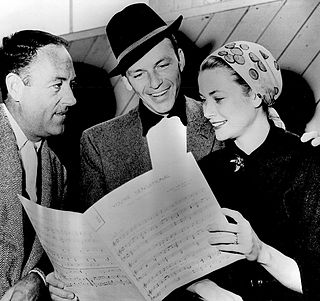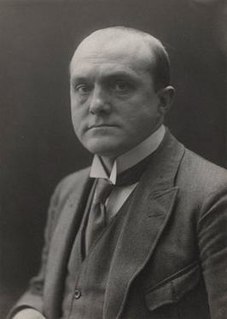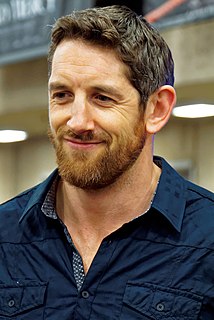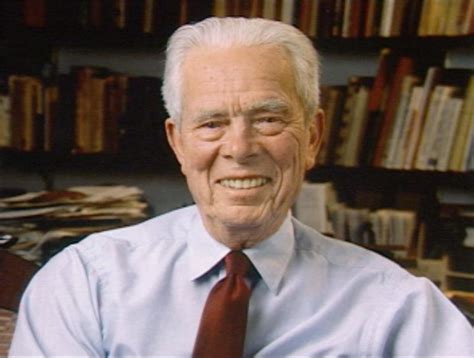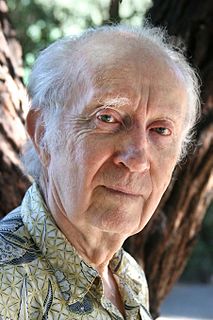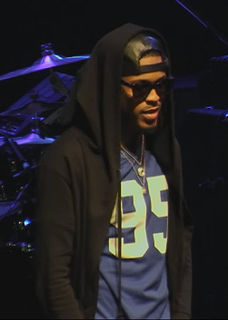A Quote by George Packer
With work increasingly invisible, it's much harder to grasp the human effects, the social contours, of the Internet economy.
Related Quotes
The gap between the rich and poor is growing among and within most nations. The political and social effects of unequal location of energy and other mineral resources are acute. Population numbers continue to climb. The global environment shows signs of widespread deterioration. Both natural and social environments are increasingly vulnerable to catastrophic disturbances... There may, however, be a cheering challenge in the possibility that out of its struggle with these realities the human race may move a bit nearer to behaving as if it were indeed one family.
... placing economic activity in the context of the whole earth requires attention to the question of scale. Bigger is obviously not better, so the optimum scale of human economy in relation to the total economy becomes basically a question of sustainability. When the effects of the economy on the environment undercut the possibility of its own continuance, the scale is too large.
Increasingly, we're seeing two worlds in Canada. The world for most Canadians is increasingly unaffordable, involves more precarious work, and is a harder place in which to get by. The second world is an exclusive club for the wealthy and well-connected who get special access and are exempt from rules the rest of us play by.

